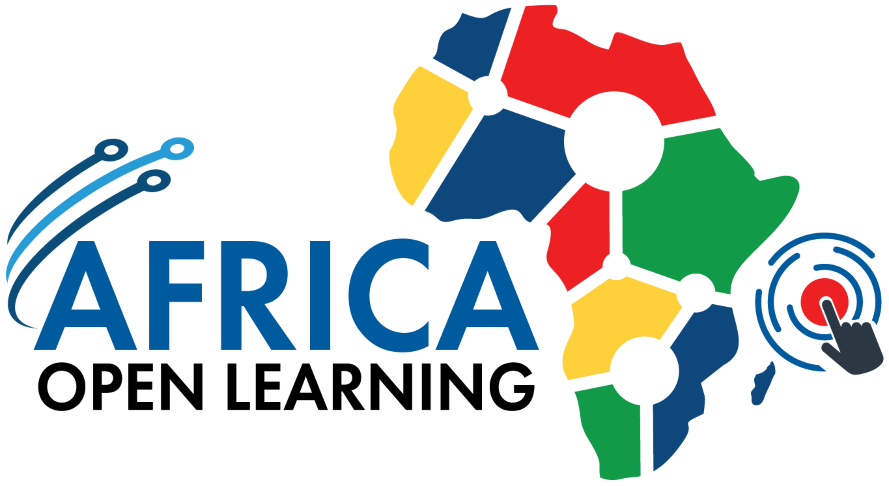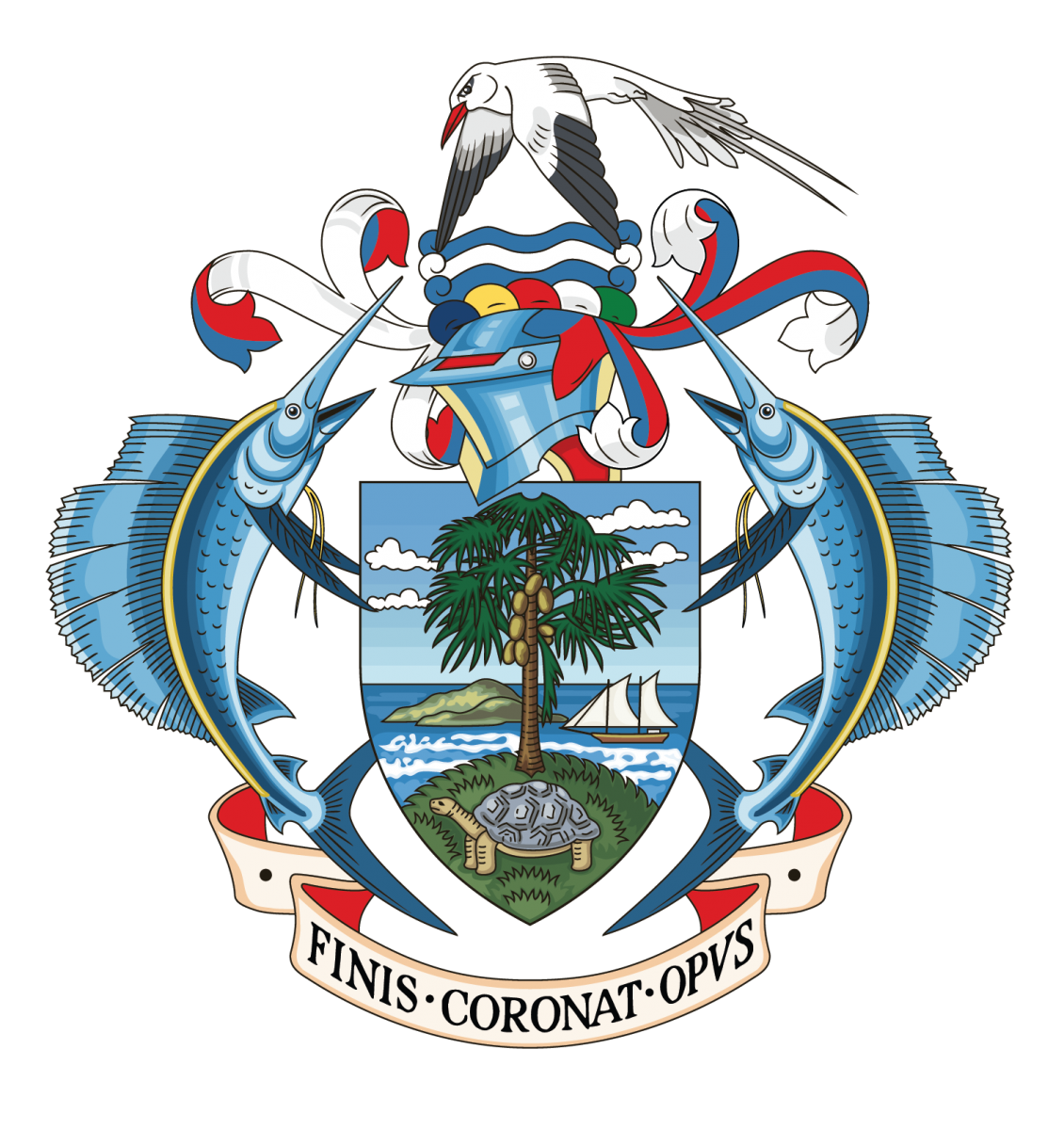Flexible Learning That Enhances Your Potential
Micro-credential certification in Personality Theories PSY2124 (BPSY)
Overview:
Awarding Body:
 This programme is designed, delivered, assessed and awarded by SEGi University through the Africa Open Learning Platform.
This programme is designed, delivered, assessed and awarded by SEGi University through the Africa Open Learning Platform.
Endorsement & Recognition:
Discipline:
Psychology
Entry Requirements:
Entry Requirements - No
Age Experience - 23 Years Above
Language Proficiency - Yes
Numeracy Proficiency - No
Pre-requisites - No
Contents:
- What is Personality?
- Defining personality
- Six approaches to personality
- Personality and culture
- The study of personality: Theory, Application, Assessment, and Research
- The Psychoanalytic Approach: Freudian Theory, Application, and Assessment
- - Freud discovers the unconscious
- - The Freudian theory of personality
- - The Topographic Model
- - The Structural Model
- - Defense Mechanisms
- - Psychosexual Stages of Development
- - Application: Psychoanalysis
- - Assessment: Projective Tests
- - Evaluation of Projective Tests
- - Strengths and Criticisms of Freud’s Theory
- The Freudian Approach: Relevant Research
- Dream Interpretation
- The Meaning of Dream Content
- The Function of Dreams
- Developmental Differences
- Defensive Style
- Freud’s Theory of Humor
- What Is Hypnosis?
- Hypnotic Responsiveness
- "The Psychoanalytic Approach: Neo-Freudian Theory, Application, and Assessment
- Carl Jung: Analytical Psychology
- Alfred Adler: Individual Psychology
- Karen Horney: Neurotic needs and trends
- Erik Erikson: Identity Theory
- The Trait Approach: Theory, Application, and Assessment
- The Trait Approach
- Important Trait Theorists
- Gordon Allport
- Henry Murray
- Factor Analysis and the Search for the Structure of Personality
- The Big Five
- Ongoing Questions Related to the Big Five Model
- The Biological Approach: Theory, Application, and Assessment
- Hans Eysenck’s Theory of Personality
- The Structure of Personality
- A Biological Basis for Personality
- Physiological Differences: Stimulation Sensitivity and Behavioral Activation/Inhibition Systems
- Temperament and Personality
- Inhibited and Uninhibited Children
- Evolutionary Personality Psychology
- The Humanistic Approach: Theory, Application, and Assessment
- The Roots of Humanistic Psychology
- Key Elements of the Humanistic Approach
- Personal Responsibility
- The Experience of the Individual
- Personal Growth
- Carl Rogers
- The Fully Functioning Person
- Anxiety and Defense
- Conditions of Worth and Unconditional Positive Regard
- Abraham Maslow
- Motivation and the Hierarchy of Needs
- Misconceptions About Maslow’s Need Hierarchy
- The Behavioral/Social Learning Approach: Theory, Application, and Assessment
- Behaviorism
- Basic Principles of Conditioning
- Classical Conditioning
- Operant Conditioning
- Social Learning Theory
- Social-Cognitive Theory
- The Behavioral/Social Learning Approach: Relevant Research
- Gender Roles
- Individual Differences: Masculinity and Femininity
- Gender Type and Well-Being
- Gender Type and Interpersonal Relationships
- Social Pressure to Act Masculine or Feminine
- Observational Learning of Aggression
- Bandura’s Four-Step Model
- Mass Media Aggression and Aggressive Behavior
- Learned Helplessness
- Learning to Be Helpless
- Locus of Control and Well-Being
- The Cognitive Approach: Theory, Application, and Assessment
- Personal Construct Theory
- Personal Construct Systems
- Inadequate Personal Constructs
- Cognitive Personality Variables
- Cognitive Representations of the Self
- Self-Schemas
- Possible Selves
- Application: Cognitive (Behavior) Psychotherapy
Assessments:
Coursework - 60%
Exam - 40%
Credit Transfer:
Upon successful completion of this Micro-credential certification in Personality Theories (BPSY), students will be able to transfer grades and credits into the following programme(s):
1. Bachelor of Psychology
Continuing Education:
Upon successful completion of this Bachelor of Psychology programme and meeting the necessary entry requirements, students will be able to progress into the following programme(s):
- Master of Psychology

